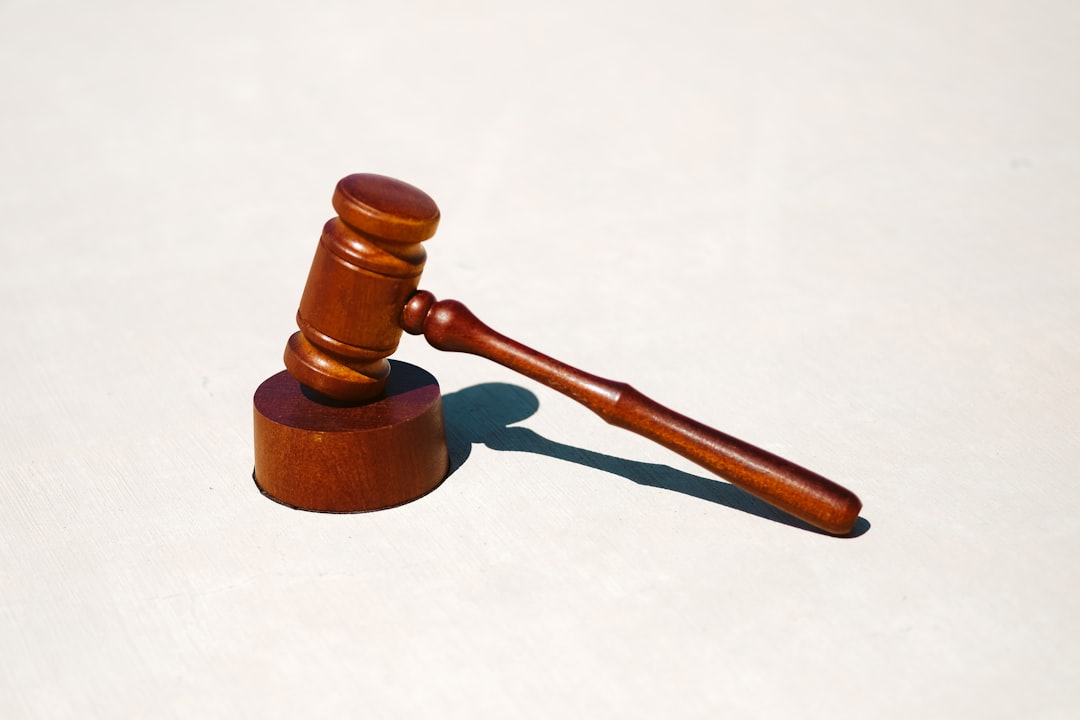In South Dakota, telemarketers must comply with strict 'Do Not Call' (DNC) regulations by obtaining explicit consent and honoring the state's DNC list. Effective record-keeping is vital to ensure businesses stay updated on customer preferences and interactions with law firms, avoiding penalties for non-compliance. Essential records include detailed logs of all calls, opt-out requests, and complaints, while specific data points mandated by law are caller information and do-not-call requests retained for at least 5 years. Best practices involve meticulous digital record-keeping to ensure data integrity and easy retrieval, along with regular reviews for compliance and refining sales strategies.
In South Dakota, telemarketers must navigate stringent record-keeping requirements, particularly under the state’s Do Not Call List (DNCL) and relevant laws. This article delves into the crucial aspects of compliance for these professionals. We explore what records need to be maintained, specifically focusing on call data and consumer consent, and discuss best practices to ensure accuracy. Understanding these obligations is essential for law firms and businesses operating under South Dakota’s do-not-call regulations to avoid legal pitfalls and maintain consumer trust.
Understanding South Dakota's Do Not Call List and Record-Keeping Laws

In South Dakota, understanding and adhering to the state’s Do Not Call List (DNC) regulations is paramount for telemarketers. The DNC list, maintained by the South Dakota Department of Commerce, allows residents to opt-out of receiving unsolicited sales or promotional calls. Telemarketers must comply with these rules to avoid penalties and ensure consumer privacy. Record-keeping plays a crucial role in this process, as it involves maintaining accurate documentation of consent, opt-outs, and customer interactions.
South Dakota’s Do Not Call List laws are designed to protect residents from unwanted telemarketing calls. Telemarketers must obtain explicit consent from recipients before making any sales calls and have procedures in place to honor the state’s DNC list. Proper record-keeping enables telemarketing firms to stay compliant, ensuring they maintain up-to-date information on customer preferences and interactions with law firms in South Dakota.
What Records Need to be Kept by Telemarketers in SD

In South Dakota, telemarketers must maintain accurate records of their activities to ensure compliance with state regulations. Key records that need to be kept include detailed logs of all calls made, with information such as the date, time, duration, and content of each call. Additionally, telemarketers should document any customer interactions, including opt-out requests, complaints, or changes in contact preferences.
Specific data points to record are required by law, such as the caller’s name, phone number, and email address. Furthermore, businesses must retain records of do-not-call requests for at least 5 years. Compliance with these record-keeping requirements is crucial to avoid legal repercussions under South Dakota’s consumer protection laws, particularly when avoiding calls to law firms.
Best Practices for Maintaining Accurate Records for Compliance

Maintaining accurate records is paramount for telemarketers operating within South Dakota’s legal framework, especially when adhering to regulations that forbid calling law firms. Best practices involve meticulous documentation of all calls, including dates, times, call durations, and the content of conversations. Digital record-keeping systems should be employed to ensure data integrity and easy retrieval. This includes logging not only successful connections but also unsuccessful attempts, hang-ups, and any other call outcomes.
Regular reviews of these records are essential to identify trends, improve sales strategies, and ensure compliance with local regulations. Telemarketers should adopt a culture of thoroughness, promptly updating the system after each interaction to prevent inaccuracies that could lead to legal issues.






